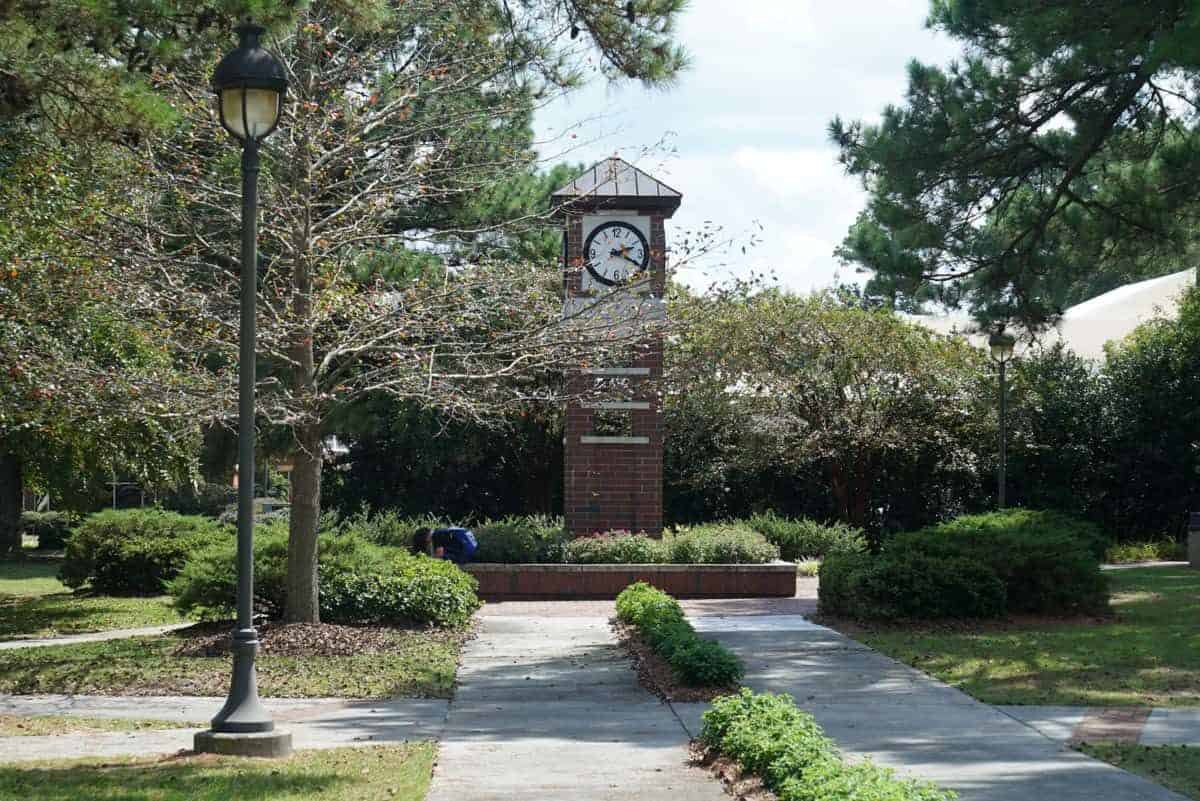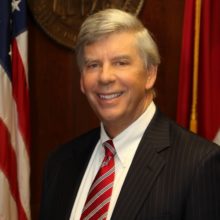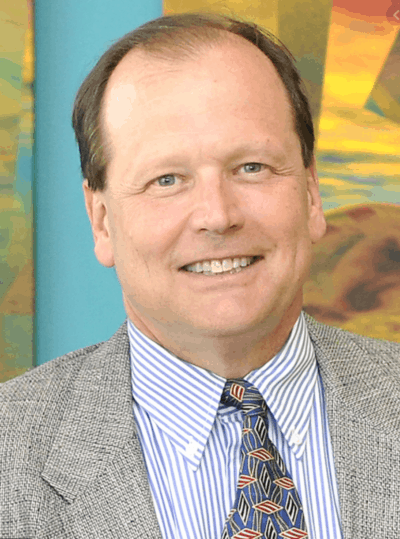
The coronavirus pandemic and resulting unemployment crisis have thrown into sharp relief the value of North Carolina’s community colleges.
First responders, nurses, respiratory therapists and other health care workers are largely educated at community colleges – tens of thousands of recent graduates were prepared for the front lines of the pandemic. Going forward, North Carolina’s 58 community colleges will also play a crucial role in the state’s economic renewal – retooling the jobless for new careers and helping displaced students thrive on a safe and solid educational path.
Community colleges offer tremendous savings to students pursuing a four-year degree. COVID-19 has sent many university students back home, where they can take community college courses at a fraction of the cost. The colleges offer real-world training to those who have lost jobs because of shuttered businesses. Adults who need pandemic-proof careers can join short-term programs to prepare themselves for new opportunities.
These are some of the reasons why the search for the next leader of the NC Community College System couldn’t come at a more important moment.
A process is now under way by the State Board of Community Colleges to identify a successor to Peter Hans, our former president who is now leading the UNC System. The board is seeking a leader with a passion for the mission of community colleges and a commitment to public higher education, access, inclusion, affordability and academic excellence. We need someone who is creative, visionary and experienced, with strong ethics, high energy and the ability to work with groups that have diverse needs. We want a consensus builder who can articulate the merits of the system and work collaboratively alongside the presidents of our 58 local colleges.
In North Carolina, community colleges serve about 700,000 students a year in college-transfer programs, short-term workforce training, dual enrollment for high school students, career and technical education, apprenticeships, customized training and basic skills education. Our Small Business Centers have rushed into action during the pandemic, advising business owners and helping them stay afloat. Our agreements with four-year public and private universities provide a smooth and affordable path to a bachelor’s degree. For those who want a different route to the workforce, our training programs and apprenticeships prepare students for well-paying, high-demand jobs.
Last year, community colleges in North Carolina awarded 67,000 degrees and certificates. But there is much more work to do if the state is to reach its ambitious goal of having 2 million adults with a high- quality degree or postsecondary credential by 2030. The only way the state meets this target is with community college graduates. The only way to economic recovery is through community college workforce programs.
Community colleges provide widespread economic mobility to North Carolina residents, now and in the future.
We are focused on the task ahead and we expect our system – the nation’s third largest – to attract excellent presidential candidates. The system’s next president has a daunting job ahead. He or she will lead the colleges out of the COVID era and into a period of recovery and resurgence for North Carolina.





